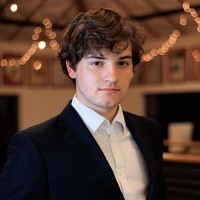How Bloomberg Does Business
A look at the legislative lobbying efforts of Michael Bloomberg’s $7 billion-per-year company. While the mayor has no specific day-to-day role at Bloomberg LP, he maintains “the type of involvement that he believes is consistent with his being the majority shareholder.”







